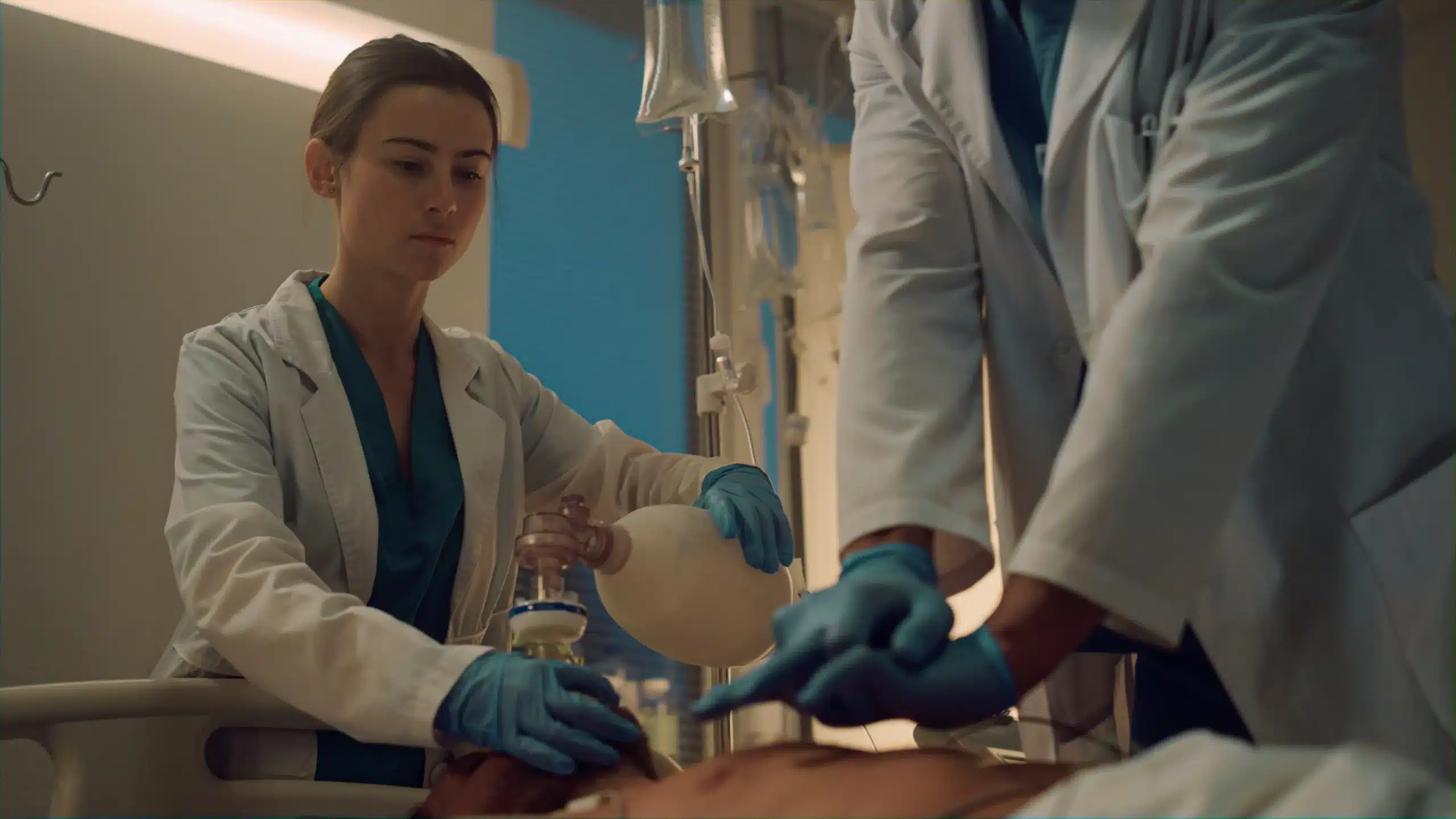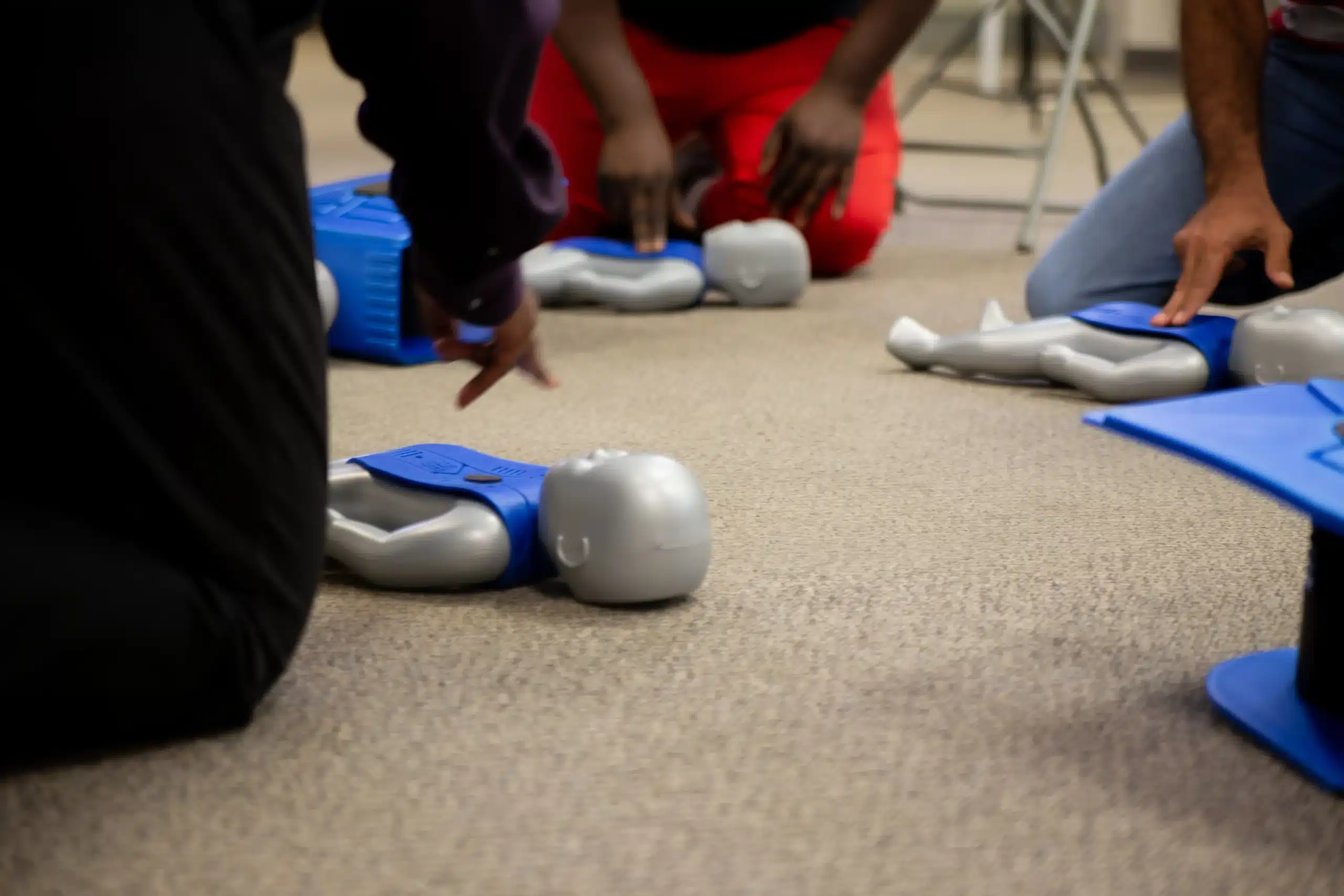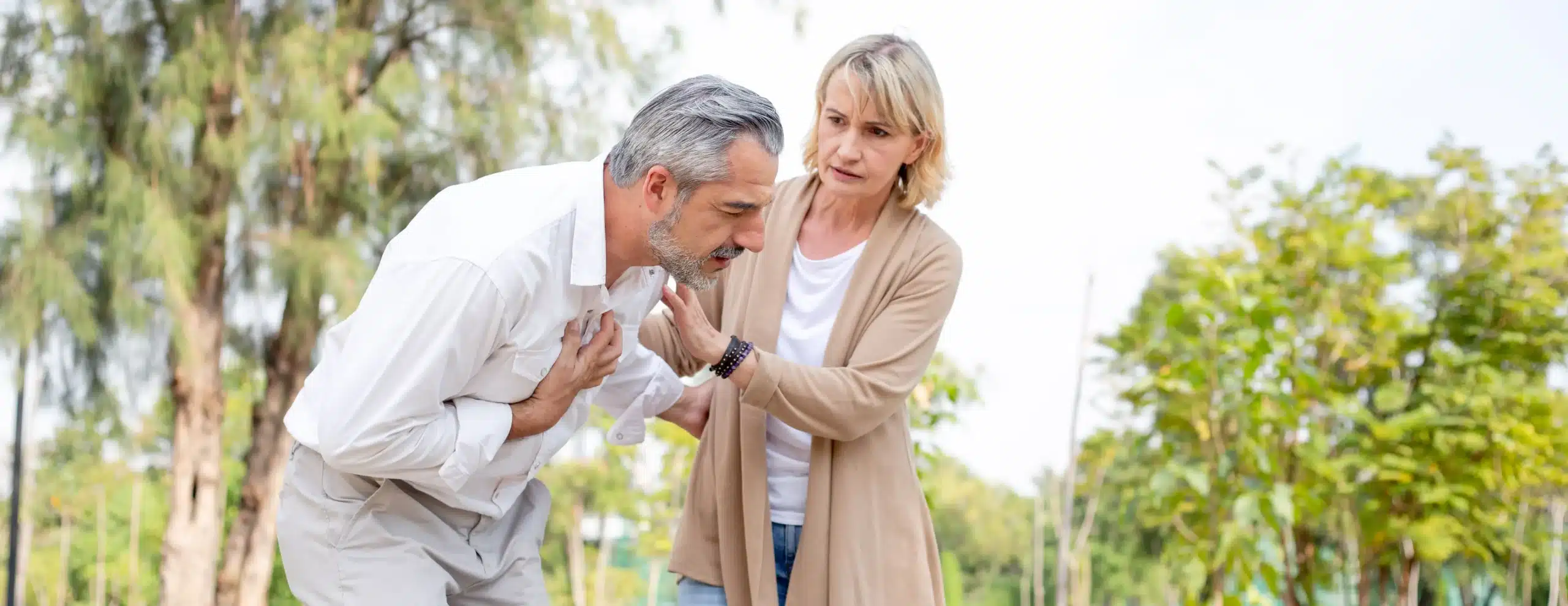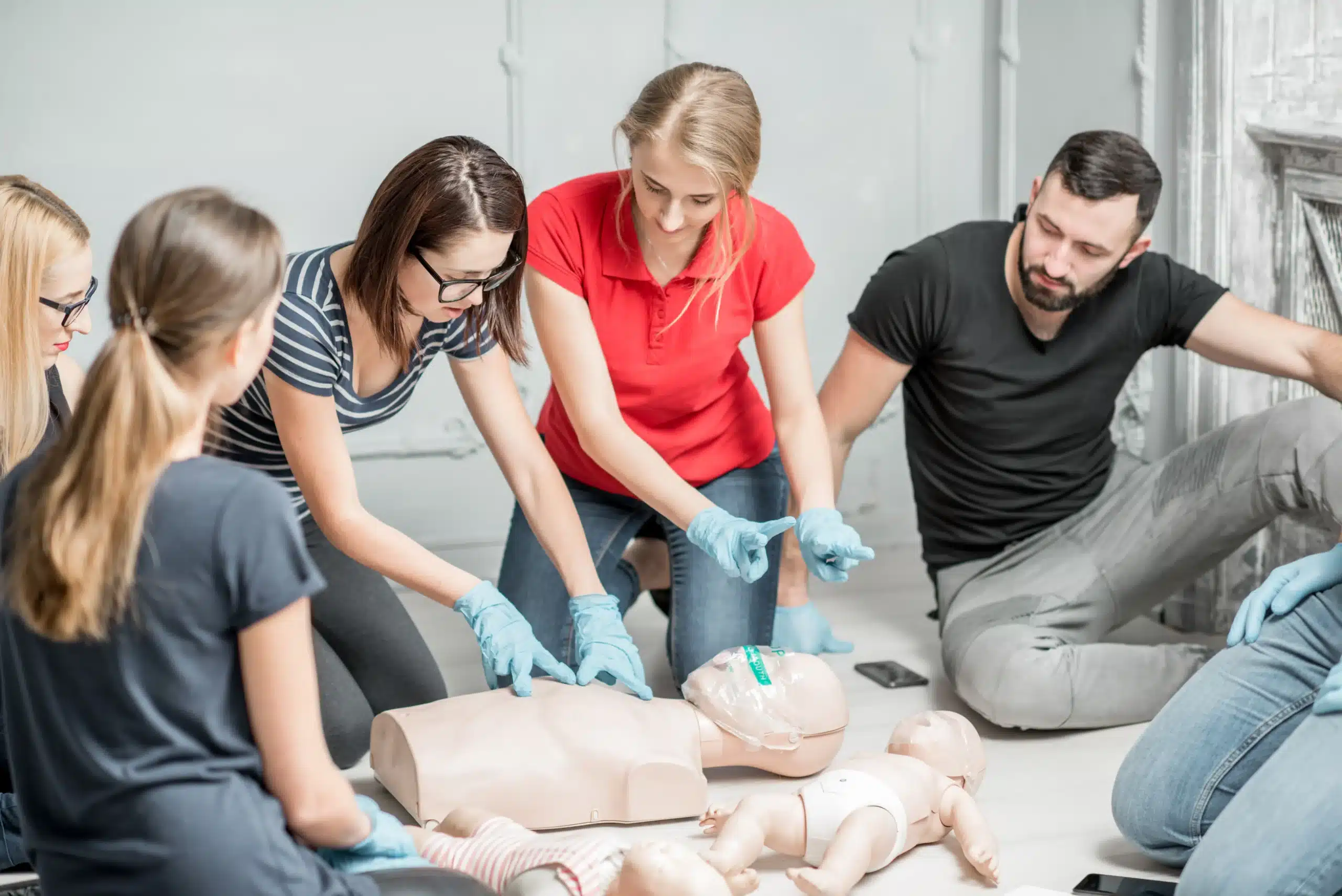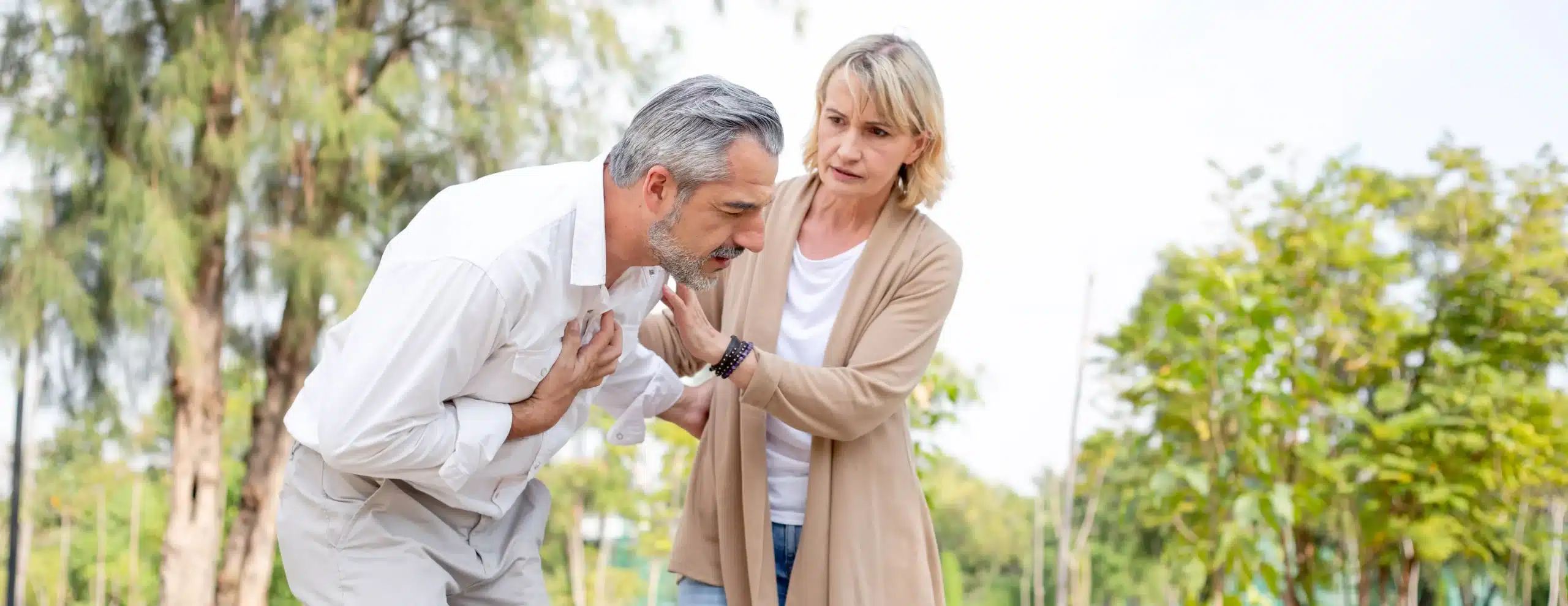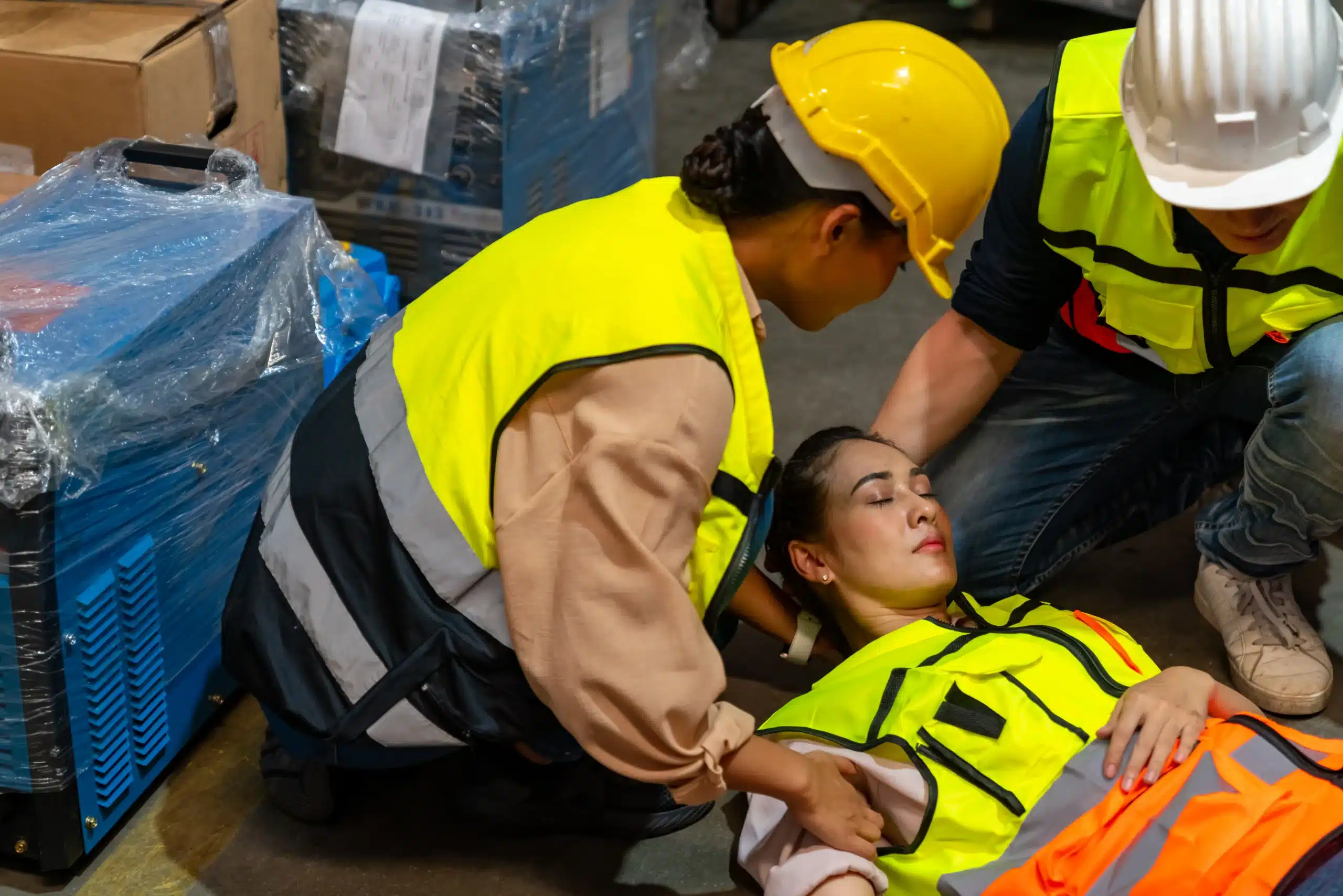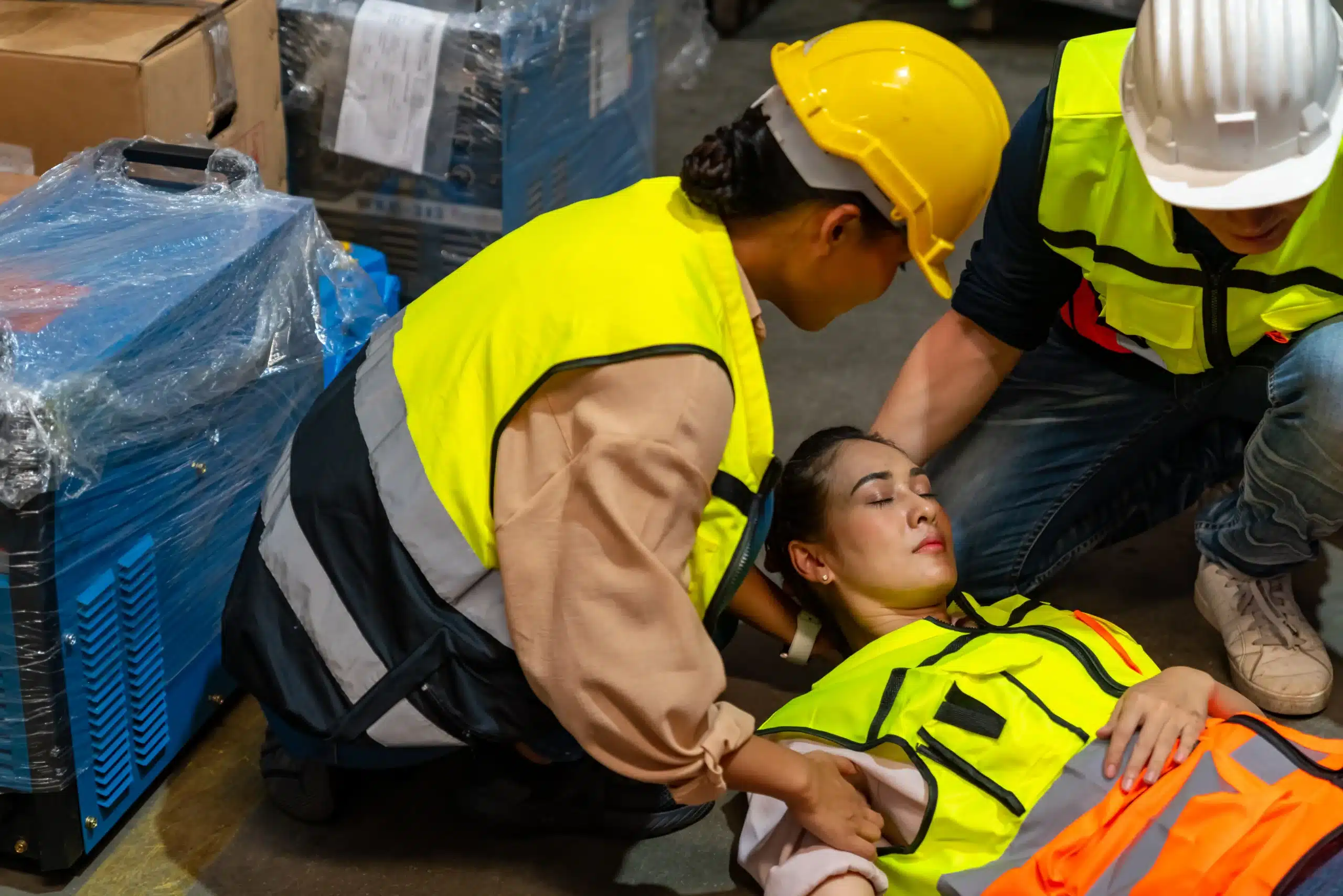Two years. That’s the typical lifespan of a CPR certification. It might seem like a while, but time flies, and before you know it, your certification could be expired. Don’t let your life-saving skills lapse. This comprehensive guide will walk you through the process of CPR renewal in Alameda, making it easier than ever to stay prepared for emergencies. We’ll cover everything from choosing the right course format to understanding the latest CPR guidelines. Let’s ensure you’re always ready to make a difference.
Key Takeaways
- Stay current with life-saving skills by renewing your CPR certification every two years. Look for providers like Berkeley CPR Classes offering convenient scheduling, various learning formats, and competitive pricing.
- Select a CPR renewal course that aligns with your learning style and schedule. Prioritize programs that emphasize hands-on practice, provide clear instruction on AED use, and cover the latest AHA guidelines.
- Make CPR renewal more affordable by exploring discounts and planning ahead. Check for group rates, special offers, and consider bundling CPR renewal with other certifications like First Aid.
What is CPR Renewal in Alameda?
CPR certification, like many important skills, doesn’t last forever. It’s typically valid for two years. Why the expiration date? Skills and knowledge can fade over time. That’s why regular CPR renewal is so important. Think of it like a driver’s license—you need to refresh your knowledge and skills periodically. Ideally, renew your certification within 30 days of its expiration. Waiting longer often means retaking the entire course.
Why Renew Your CPR Certification?
Staying current with your CPR certification is about having the most up-to-date, life-saving techniques. Medical advancements and guidelines from organizations like the American Heart Association are regularly updated. Renewing your certification keeps your skills aligned with these changes. Plus, a current certification shows your commitment to safety and can be a real plus for your career. It tells employers you’re prepared for emergency situations.
Common Misconceptions About CPR Renewal
Several myths surround CPR, especially regarding renewal. One is that CPR alone can restart a stopped heart. CPR primarily keeps blood and oxygen flowing until professional help arrives. Another myth is that only medical professionals can perform CPR effectively. Anyone can learn CPR—bystanders are often the first link in the chain of survival. Some hesitate to learn CPR, fearing they’ll do it wrong or injure someone. Modern CPR training emphasizes high-quality chest compressions, and some protocols don’t require rescue breaths. Any attempt at CPR is better than none.
Top CPR Renewal Courses in Alameda
Finding the right CPR renewal course can feel overwhelming, but several reputable providers in Alameda offer high-quality training. Here’s a closer look at some popular options:
Berkeley CPR Classes
Berkeley CPR Classes offers a comprehensive curriculum covering theoretical knowledge and practical skills. Their CPR and First-Aid certification is a convenient option for those seeking renewal in Alameda and nearby cities like Oakland and Berkeley. Known for their commitment to customer service, they also offer a low-price guarantee. Check their website for course schedules and availability.
Safety Training Seminars
Safety Training Seminars provides American Heart Association CPR, BLS, ACLS, and PALS courses in Alameda. A key advantage is their on-site training option, allowing you to renew your certification at your workplace or a convenient location. This is particularly helpful for busy professionals and groups.
Bay Area CPR
Bay Area CPR, in partnership with Safety Training Seminars, is another solid option for CPR renewal in Alameda. They offer competitive pricing on essential courses like BLS, NRP, and CPR/First Aid. This focus on affordability makes them a practical choice for individuals and organizations. This guide to CPR classes in Alameda offers additional information.
American Heart Association Courses
The American Heart Association (AHA) sets the standard for CPR training. AHA-certified courses emphasize high-quality CPR instruction through the use of feedback devices on manikins, which helps students refine their technique. This research demonstrates how these devices improve CPR skills. Look for providers who use this technology when selecting an AHA course.
Red Cross Renewal Programs
Red Cross renewal programs equip participants with the knowledge and skills to perform CPR safely and effectively. They emphasize quality training to build confidence and address common misconceptions. This helpful resource explores common CPR myths.
Renew Your CPR Certification: A Step-by-Step Guide
Renewing your CPR certification is straightforward. This guide breaks down the process to help you stay prepared.
Prerequisites and Eligibility
CPR certifications are typically valid for two years. Because these skills can fade, recertification every two years is recommended. Before signing up for a renewal course, check your current card’s expiration date. Aim to renew within 30 days of expiration. After that timeframe, you’ll likely need to retake the full course. If your certification has lapsed, Berkeley CPR Classes offers various CPR courses, including full certification and renewal options.
Course Duration and Format
CPR renewal courses are designed to be efficient, focusing on key skills and updates. The format and length depend on the specific course, such as BLS, ACLS, or PALS. Renewal courses are generally shorter than initial certification classes. BLS renewal might take between one and two hours, while ACLS or PALS renewal could range from three to four hours. Berkeley CPR Classes offers classes daily to accommodate busy schedules, including convenient on-site training for groups. Check out their group discounts for cost-effective options.
Skills Assessment and Certification
Renewal courses typically involve a skills assessment to ensure you’re up-to-date on the latest techniques. This hands-on portion allows instructors to observe your CPR performance and provide feedback. Upon successful completion, you’ll receive your updated certification card. At Berkeley CPR Classes, you receive your certification card the same day you complete the class, allowing you to provide proof of current certification immediately.
CPR Renewal Costs in Alameda
CPR renewal is an investment in your skills and the well-being of your community. Understanding associated costs will help you budget and find the best value.
Typical Price Ranges
CPR renewal typically costs between $50 and $100 in Alameda. This range can fluctuate based on several factors, including the training provider, the type of certification (CPR, BLS, etc.), and any applicable discounts. A basic CPR renewal course might be closer to the $50 mark, while a BLS (Basic Life Support) renewal, covering more advanced techniques, could be closer to $100.
Factors Affecting Cost
Several factors can influence the final cost of your CPR renewal. The training center’s location, the course format (in-person versus online or blended learning), and the inclusion of additional materials (like a CPR pocket mask) can all play a role. Look for providers offering low-price guarantees or discounts for groups, students, or first responders, which can significantly reduce the overall expense.
Low-Price Guarantees and Value Options
Finding a balance between cost and quality is essential. While cost is a factor, prioritize reputable providers who offer high-quality instruction and nationally recognized certification. Many providers offer a low-price guarantee, ensuring you receive the best value. Explore options like group discounts, which can be particularly beneficial if you’re renewing with colleagues or friends. Consider the long-term value—a slightly higher upfront cost might provide more comprehensive instruction and better prepare you for real-life emergencies.
In-Person vs. Online CPR Renewal: Choose the Right Format
Renewing your CPR certification keeps you up-to-date on the latest life-saving techniques. But with different learning formats, how do you choose the right one? Let’s explore the pros and cons of in-person, online, and hybrid CPR renewal courses.
Benefits of Hands-On Practice
In-person CPR renewal offers invaluable hands-on practice. Working with a CPR training mannequin lets you develop muscle memory and refine your technique for chest compressions. This tactile experience helps you understand the correct depth and pressure, building confidence for real-life emergencies. Instructors provide immediate, personalized feedback, further honing your skills. This direct interaction is especially helpful for kinesthetic learners.
Advantages of Online Learning
Online CPR renewal offers flexibility and convenience. You can study course materials and complete modules at your own pace, fitting the training around your schedule. This format is great for those juggling work, family, or other commitments. Online courses often include the latest guidelines, ensuring you have the most current knowledge. This accessibility makes staying certified simple.
Hybrid Options for the Best of Both Worlds
Hybrid CPR renewal courses combine online learning with in-person skills sessions. You can learn the theory online, then practice on a mannequin with a certified instructor. This blended approach offers flexibility and hands-on learning with expert feedback. It’s an excellent option for those who like online learning but also value in-person practice.
Find CPR Renewal Discounts and Special Offers
CPR renewal is an essential investment in your skills and the safety of those around you. Thankfully, there are often ways to make this life-saving training more affordable. Knowing where to look for discounts and special offers can help you renew your certification without emptying your wallet.
Group Rates and Corporate Training
If you need to train a team or group of colleagues, consider group discounts. Many CPR training providers, like Safety Training Seminars, offer reduced rates for group registrations and may even bring the training to your workplace. This on-site option streamlines the process and minimizes disruption to your organization’s daily operations. Reach out to providers to discuss your needs and explore available group training options.
Student and First Responder Discounts
Students and first responders often qualify for discounted CPR renewal training. These individuals are frequently the first to encounter emergencies, making accessible training critical. Many providers recognize this and offer reduced prices or low-price guarantees. When researching CPR renewal courses, ask about specific discounts for students, first responders, and other essential workers. Check out Berkeley CPR Classes’ low price guarantee.
Seasonal Promotions and Package Deals
Look for seasonal promotions and package deals that can lower your CPR renewal costs. Training providers often run special offers during certain times of the year or bundle CPR renewal with other certifications, like first aid or AED training. Visit the provider’s website or contact them to learn about current promotions and any available package deals. This proactive approach can maximize your savings and ensure you get the most value from your training.
Essential CPR Skills and Techniques
CPR is a life-saving procedure, and performing it correctly dramatically increases the chance of survival for someone experiencing cardiac arrest. This section covers core skills and techniques emphasized in CPR renewal courses.
High-Quality Chest Compressions
Effective CPR hinges on delivering high-quality chest compressions. These compressions circulate blood to vital organs, buying precious time until paramedics arrive. Proper technique involves pushing hard and fast in the center of the chest, allowing for full recoil after each compression. A good CPR class will cover the correct depth and rate for compressions, hand placement, and body positioning to ensure maximum effectiveness. Consistent, high-quality compressions can truly make the difference between life and death.
Proper Use of AEDs
Automated External Defibrillators (AEDs) are invaluable tools in treating sudden cardiac arrest. CPR courses include training on the proper use of these devices. You’ll learn how to assess the situation, apply the AED pads, and follow the device’s voice prompts. Understanding how to analyze the heart rhythm and deliver a shock when necessary is a critical skill covered in CPR renewal training. AEDs are designed to be user-friendly, and your training will equip you with the confidence to use them effectively.
Recognizing Cardiac Arrest
Quick recognition of cardiac arrest is the first step towards providing life-saving assistance. CPR training teaches you to identify the key signs, primarily unresponsiveness and the absence of normal breathing. Learning to differentiate between gasping and normal breathing is crucial, as gasping can sometimes occur during cardiac arrest and may be mistaken for normal respiration. Early recognition allows you to activate emergency medical services promptly and begin CPR without delay, significantly improving the victim’s chances of survival.
Prepare for Your CPR Renewal Class
Getting ready for your CPR renewal class doesn’t have to be stressful. With a little preparation, you can walk into class feeling confident and ready to learn. Here’s what you need to know:
Required Materials and Pre-Course Study
While your CPR renewal class will cover everything you need to know, reviewing the materials beforehand can be incredibly helpful. Watching pre-course videos, for example, can increase your chances of passing the skills test by about 50%, according to Bay Area CPR. Think of it as a refresher—it gets you back in the CPR mindset and reminds you of essential techniques. Check with your chosen provider, like Berkeley CPR Classes, to see if they offer pre-course materials or recommend specific resources. You can explore the CPR course options available at Berkeley CPR Classes to get a better sense of what to expect.
Day-of-Class Expectations
On the day of your class, expect a streamlined and efficient experience. Many CPR renewal courses now use voice-activated mannequins for skills testing. This allows for a more independent assessment, and while an instructor won’t be hovering over your shoulder, they’ll be available by phone if you need assistance. Plus, you can typically expect to receive your CPR certification card the same day, making the whole process quick and convenient. For more information on what to expect, visit the Berkeley CPR Classes website.
Post-Certification Maintenance
Your CPR certification is typically valid for two years. It’s important to keep track of your expiration date and plan for renewal. As CPR1 points out, skills can fade over time, so staying current is crucial. Aim to renew your certification within 30 days of its expiration to avoid having to retake the entire course. This ensures your skills are sharp and you’re always prepared to respond to emergencies. Berkeley CPR Classes offers a variety of renewal courses to fit your schedule.
Choose the Right CPR Renewal Course in Alameda
Finding the right CPR renewal course can feel overwhelming with so many options available. But by focusing on a few key factors, you can easily choose a program that fits your needs and helps you maintain these life-saving skills.
Factors to Consider
When selecting a CPR renewal class, think about what matters most to you. Is it a convenient location? A class schedule that accommodates your busy life? Or a program known for its excellent instructors? Consider factors like class size, the learning environment, and the overall reputation of the training provider. Some providers, like Berkeley CPR Classes, offer a low-price guarantee, ensuring you get the best value. If you’re training a larger group, explore discount group classes.
Instructor Qualifications
CPR instructors should be certified by a recognized organization like the American Heart Association (AHA). Look for programs that highlight their instructors’ experience and qualifications. A quality instructor can make all the difference in your learning experience. They can clearly explain complex concepts, demonstrate techniques effectively, and answer your questions thoroughly. This ensures you’re equipped to perform CPR confidently and correctly in a real-life emergency. For more information on CPR training, explore these CPR classes in Alameda.
Certification Validity and Recognition
Make sure the CPR renewal course you choose provides a certification recognized by your employer or professional organization. Most certifications are valid for two years, so confirm the length of validity before enrolling. CPR certifications typically expire after two years, meaning renewal is essential to maintain your credentials and stay up-to-date with the latest guidelines. This CPR and First-aid certification information clearly states the two-year validity, helping you plan your renewal schedule. Knowing the certification’s validity period helps you stay compliant with workplace requirements and ensures your skills are current.
Related Articles
- Online CPR Classes in Oakland: Your Guide – Berkeley CPR Classes
- BLS Renewal in Oakland: Your Guide – Berkeley CPR Classes
- Berkeley CPR Classes: Your Complete Guide – Berkeley CPR Classes
- HeartCode BLS in Alameda: Your Guide to Certification – Berkeley CPR Classes
- CPR Myths You Need to Stop Believing – Berkeley CPR Classes
Frequently Asked Questions
How long is CPR certification valid? CPR certification is generally valid for two years. It’s recommended to renew within 30 days of the expiration date to avoid retaking the entire course.
What are the different types of CPR renewal courses available in Alameda? Several CPR renewal courses are available in Alameda, including BLS, ACLS, PALS, and CPR/First Aid. The best choice for you depends on your specific needs and professional requirements.
What is the typical cost of CPR renewal in Alameda? CPR renewal courses in Alameda typically range from $50 to $100. Prices can vary based on the provider, the type of course, and any available discounts. Look for providers offering low-price guarantees or group discounts.
What’s the difference between in-person and online CPR renewal? In-person renewal offers hands-on practice and direct feedback from an instructor. Online renewal provides flexibility and convenience, allowing you to learn at your own pace. Hybrid courses combine online learning with in-person skills sessions.
How can I find discounts for CPR renewal? Many providers offer discounts for groups, students, and first responders. Check with your chosen provider about special offers, package deals, or seasonal promotions to reduce the cost of your renewal.


